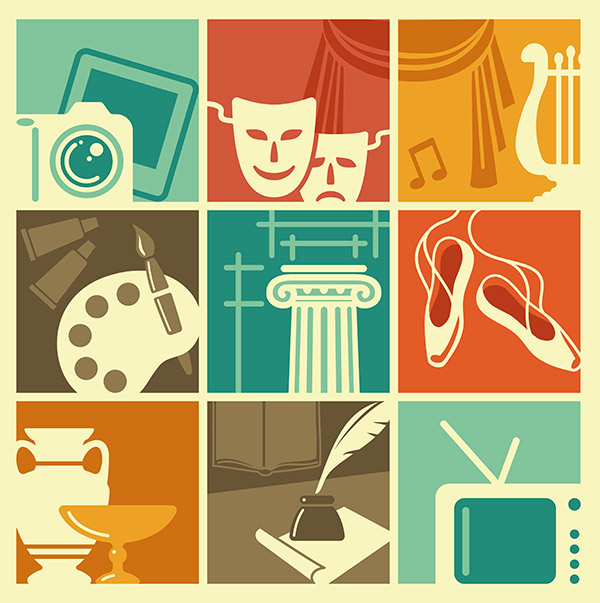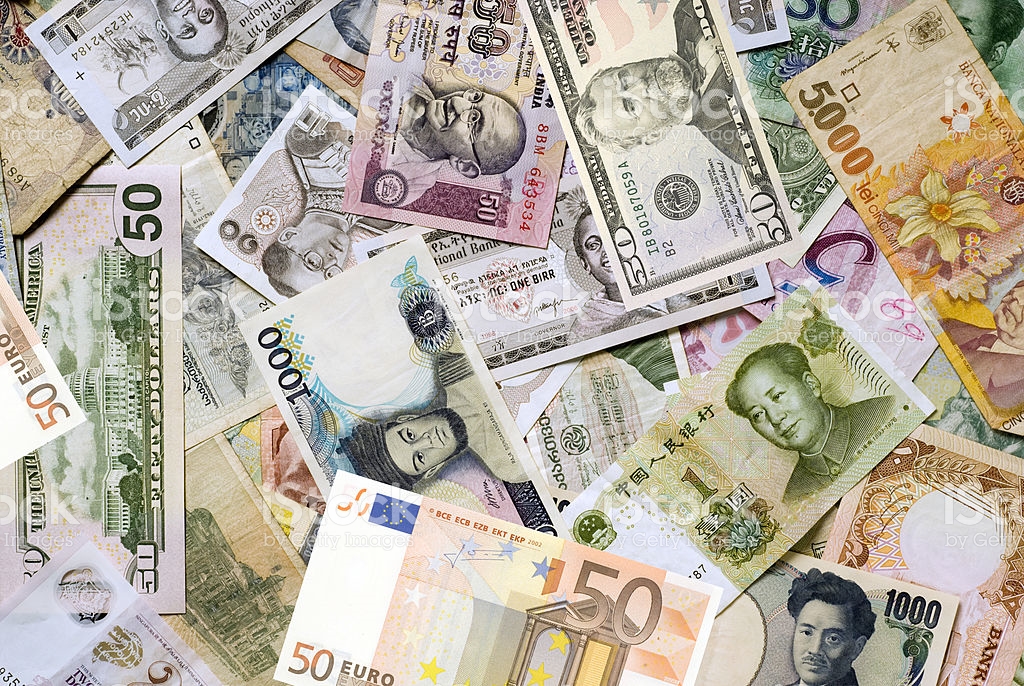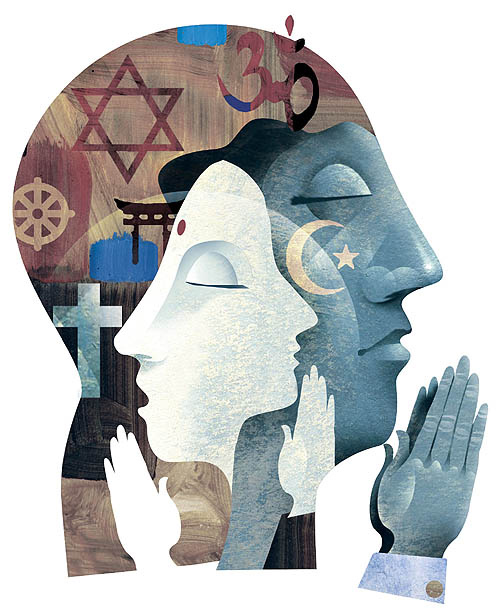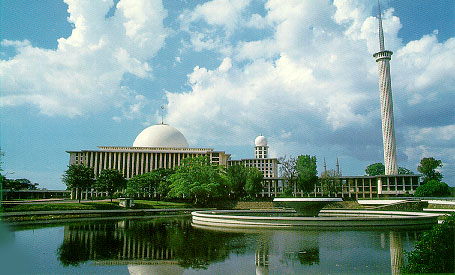I am talking about the western world, by the way.
Warning: you will be frustrated by my repetitive use of the word ‘west’.
To prevent myself from saying ‘west’ too loosely, I should limit the word to Australia, New Zealand, the United States, Canada and much of Europe.
Okay, the last one still makes it a bit vague. But, it is more precise than saying it is where white people live. Unless you are a racist, one believes non-whites can be westerners. Being one is all about the heritage, after all.
Anyway…
It is no secret the most jingoistic westerners love to boast how their countries are the bastions of freedom on earth. They love to boast how humans from all over the globe flocking in to live in their safer, freer, more democratic and more progressive homelands. They actually have a point, though.
We have to acknowledge the west is indeed the most civilised realm at the present time! It is the most free regarding speech and religions, the most democratic, the most accepting of diversity, the most children-friendly, the most feminist and the most sexually liberated territory there is.*
Of course, there is no better way to celebrate what makes their homelands great by murdering them!
They believe immigrants are uneducated and unenlightened. This is why they want funding for schools, universities, the arts, science and public broadcasting to be slashed or, even better, defunded entirely! To be truly enlightened, one must give heed only to religious and political indoctrination, absorb their messages earnestly and execute them in one’s daily life!
They believe Muslin extremists are the greatest threats to global religious freedom. That’s the reason why they propose religiously discriminatory legislation. It literally makes sense to fight bigotry, which every Mohammedan is guilty of as confirmed by everyone’s favourite opinionated public figures and bigoted uncles, with bigotry. As we all know, the only way to kill fire is by adding more fire!
They believe ISIS-loving commie feminazi SJW libtard cucks hate democracy! Ultimately, they feel obliged to support a man who proudly undermines the sanctity of trias politica and they are openly grateful of the Kremlin for sabotaging the election!
They believe ISIS-loving commie feminazi SJW libtard cucks are the greatest menaces to freedom of speech! Of course, they have to make an exception. Restriction of speech is ungodly when it torments adherents of old-fashioned, Judeo-Christian family values. If it torments their enemies, then it is godly. There is no better way to protect freedom of speech than robbing it from the people they constantly accuse of threatening it!
They believe Muzzies are the biggest misogynists. Therefore, they must vote for politicians who dismiss gender pay gap as a myth, insist on upholding the innate moral superiority of patriarchy, slut shame ‘slutty’ women while glorifying ‘slutty’ men and oppose abortions because every birth, even ones resulted from rapes, is a divine gift and vaginas must be regulated by old men as women are too incapable to make decisions about their own bodies!
They believe we should execute harsh punishments to sexual predators. But, instead of doing libtard craps like implementing sex education, voting sexually abusive politicians out and condemning victim-blaming attitude, the only way to crush sexual predatoriness is to uphold heteronormativity and cisnormativity. The only way to accomplish that is to keep dehumanising the LGBT communities!
I can do this all day…
Back then, I used to deified westerners as illuminated demigods whose intimate lives intertwined with flawlessness. Slowly, I realised how they were also puny mortals like the rest of mankind. Nowadays, I see them as a swarm of some of the most ungracious organisms in existence!
I mean, some of them are too mentally deficient to appreciate their heritages’ finer attributes; when they are not suffocating themselves with propaganda, they senselessly enjoy unrefined entertainment which they fervently regard as sophisticated.
With that in mind, should we be surprised by their incapability to treasure their motherlands’ comparative modernity? You know, one of the things that makes them glorious in the first place?
Even though my family is not rich, my life is still very privileged compared to most Indonesians’. I didn’t need to have a part time job when I was young. I was able to study abroad. Food and housing were never an issue. Eventually, I become a spoiled, jobless twenty-something man…
…And, in a slightly off analogy, many westerners are just like that. Breathing among what can be described as liberalism drive them into the orifice of depreciation. They don’t know how it feels living in more oppressive lands. Ultimately, they have no hesitation to deny the ‘others’ the privilege they have been enjoying since birth.
Maybe, depreciation is the problem… or maybe, it is just sheer idiocy.
What those pitiful creatures deem as cultural brilliance definitely include anti-intellectualism, zealous traditionalism, religious fundamentalism and soppy jingoism. You know, the things enlightened individuals deem as cultural retardation. The things that hamper the growth of third world countries.
Admittedly, I do sound pontifical and I should refrain myself from declaring the conclusiveness of my sentiments. But, can you blame me for acting like this?
All the things I said above aren’t just a result of momentary sentiments. They are the results of observation that commenced long before the rise of the alt-right movements! I have watched countless videos, read countless articles and interacted with countless western individuals online. Those thoughts slowly materialised over the passing of many suns! The more I know, the more I am disenchanted.
Even so, I still view the west with a high regard. Despite everything, it is also the place where most of my cultural heroes are from, the place where I intend to reside in indefinitely. But, do you know who still have remarkably strong faith in the west? Refugees!
In spite of the hateful rhetoric of public figures, many refugees are still heading to the west to chase a safer life! Obviously, no matter how ignorant and hateful it can be, the west looks heavenly when juxtaposed with the tyrannical, bloodthirsty old countries. But, that’s just one reason.
Savages seem to make up the majority of westerners. They don’t. Their voices command the conversations because they have the loudest megaphones, in part thanks to their detractors’ recklessness. In fact, I am willing to bet they are outnumbered by kinder and more open-minded beings.
If the degenerates are indeed the majority, it would be a lot harder to legitimize any glorification of the west. It would be a lot harder to advertise the American and European dreams to citizens of the third world. The west would be where people are flocking out of, not flocking into.
As much as I despise Eurocentrism and Americentrism, the abundance of enlightened souls in the west is something every gracious individual must cherish…
…and it is pathetic how they are the ones being condemned as degenerates by their degenerate fellow countrymen.
*Obviously, those claims are debatable. In the west, it is easy to find someone getting triggered every time he/she hears a foreign language. In non-western countries like Indonesia, Malaysia and Singapore, such person would be considered pussies, too weak to handle petty differences. But, in the contemporary west, when sectarianism arises, it won’t be as easily widespread and violent.
While feminism has a stronger footing in the west, it is also the place where right-wing figures still openly believe women are destined to stay in the kitchen and to use their vaginas only for child bearing. Can’t say anything about other countries. But, in Indonesia, such misogynistic rhetoric are almost unheard off. At least, not in the mass media.
Compared to the other regions, the west seems to have best sex education, where sex shaming is not as strong. Well, I should allude to Japan, a paradoxical land where poor sex education and extremely sexual cartoons exist alongside each other. Admittedly, some depictions of sexual acts are morally questionable (and it deserves an essay of its own, assuming I want to do some research). But, others also depict extremely kinky yet consensual sex acts; if it is enough to conclude using just one fact ( it is not), then it seems Japan is a place where kink shaming does not exist.
.
.
.
.
.
.
.
.
Support this deadbeat, preachy blogger on Patreon.









